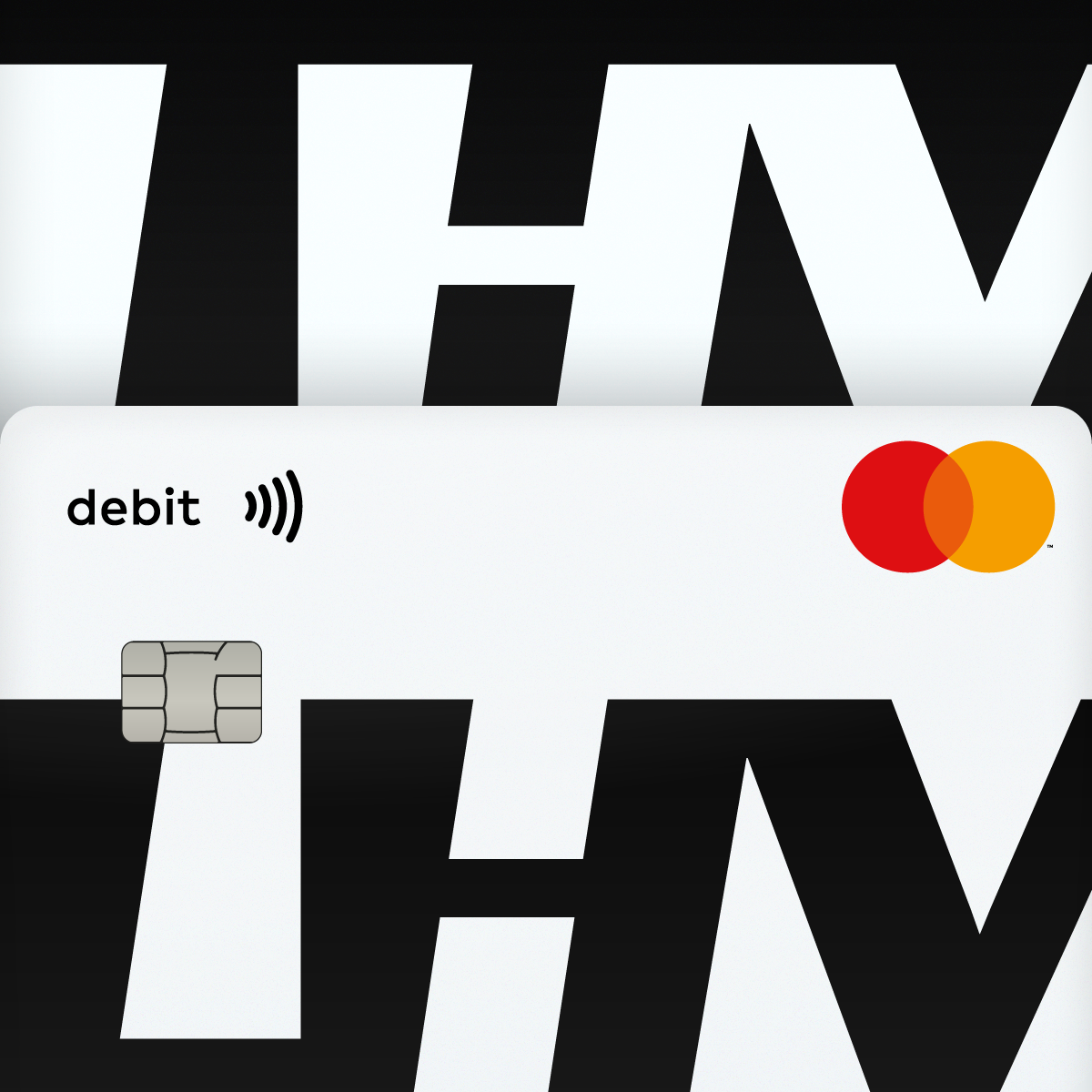
Four tips: how can you keep costs under control during the holidays?
19. december 2023Christmas is a wonderful time of the year, but there’s also a lot of stress involved in searching for and buying gifts. Most of us notice that the holidays also bring significantly higher expenses with them, and December’s budget can easily fall apart. Annika Goroško, Head of Retail Banking at LHV, explains how to avoid this.
1. Prepare a gift budget
When planning your holiday spending, you should first prepare a gift budget and write down who you are planning to buy gifts for. It’s also a good idea to think through more specific gift ideas before heading to online shops or shopping malls – this makes it easier to avoid extra costs. When visiting a shop, it pays to avoid walking around aimlessly and instead only purchase specific items – this will help you avoid impulse buys that you don’t really need.
When shopping, make sure that your bank card has purchase insurance. Insurance helps if the object should break, even if it’s your own fault. Purchase insurance generally applies to new durable goods with a purchase price between EUR 100 and EUR 5,000. Durable goods are generally considered to be objects with a normal useful life of more than three months – such as electronics, furniture or even clothes. The normal period of validity of purchase insurance is six (6) months from the date of purchase.
2. Plan ahead for other costs
At Christmas, there are other outlays besides presents that you might forget when you first start putting together your budget – such as food costs or going to visit relatives who live farther away. Christmas celebrations are also held at school, work and nursery school. When drawing up the budget, these expenses should also be taken into account, so that everything is in order and there are no surprises later on. An important part of budgeting is keeping track of your spending – it’s worth doing this as soon as you’ve made a purchase. This way, you can keep an eye on your budget and compare your spending with your means.
3. Look through your existing party clothes and Christmas decorations
Christmas and the end of the year are all about parties – whether with family, friends or colleagues. Often a new dress or other more formal clothing is purchased for events during the festive season, which later remains in the wardrobe. To save the environment and your wallet, it’s worth considering whether your party clothes require an update every year or if you already have what you need in your wardrobe. Another good option would be to borrow some cool clothes – so you can go out wearing a new outfit while being frugal at the same time. The same goes for Christmas decorations – perhaps you can use some existing lights or Christmas tree decorations?
4. Consider whether the gift is necessary for the recipient
Unfortunately, Christmas also means overconsumption. As Christmas approaches, we’ve all probably found ourselves in a situation where we have things that we wouldn’t have bought ourselves and that we don’t really need. That’s why it’s worth asking your loved ones what they would most enjoy before planning a gift. It’s becoming increasingly popular to give loved ones the gift of financial wisdom – for example, a book on the subject or a ticket to a seminar. However, if you want to give shares as a gift, the most sensible way to do this is to give money and then ask or even help the recipient to buy the shares. This way, instead of giving them a traditional gift, you can make an investment in the future of your loved one.
 Cards for business clients from Mastercard – more possibilities and advantages for your enterprise28. november 2024Banking/Business culture
Cards for business clients from Mastercard – more possibilities and advantages for your enterprise28. november 2024Banking/Business culture Payment limits and vigilance: make your online purchases more secure20. november 2024Financial wisdom
Payment limits and vigilance: make your online purchases more secure20. november 2024Financial wisdom Vahur Vallistu: ‘A good way to increase your savings rate is by increasing your contributions to the II pension pillar!’19. november 2024Financial wisdom/Pension
Vahur Vallistu: ‘A good way to increase your savings rate is by increasing your contributions to the II pension pillar!’19. november 2024Financial wisdom/Pension
